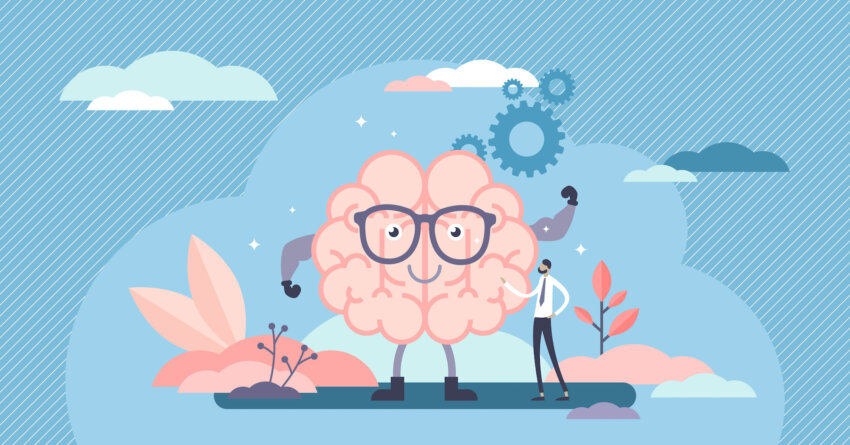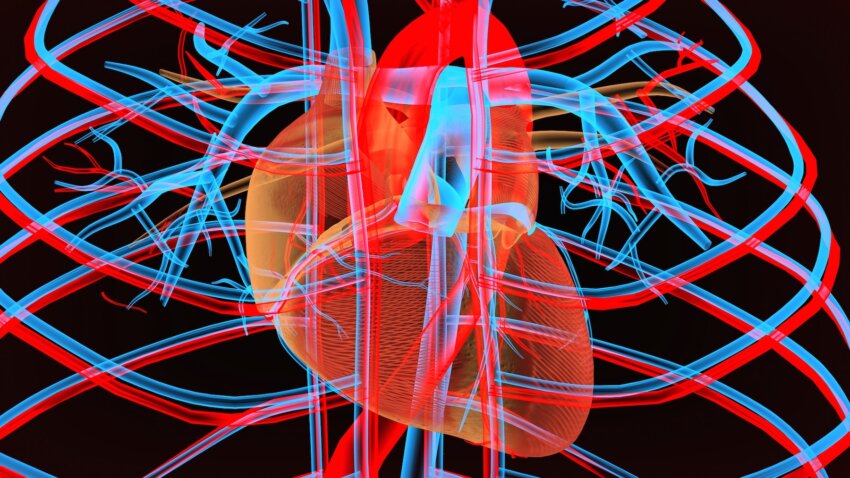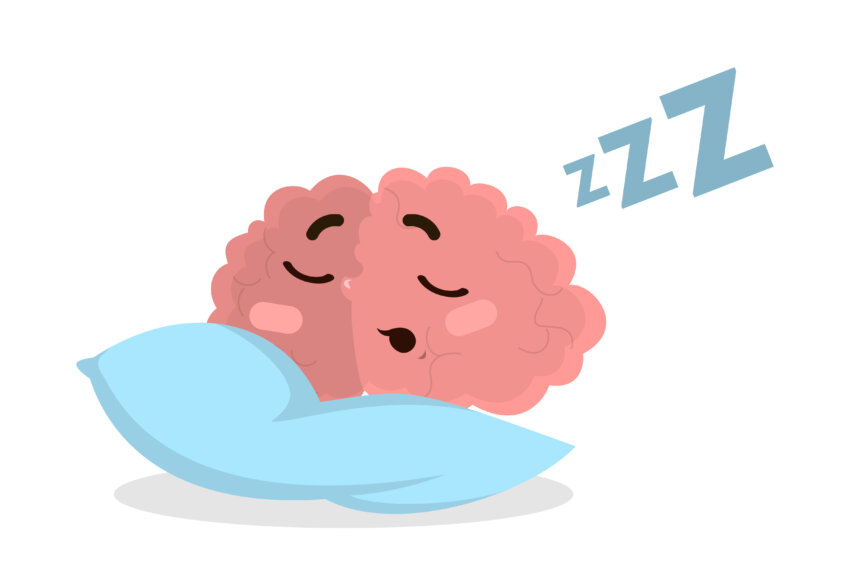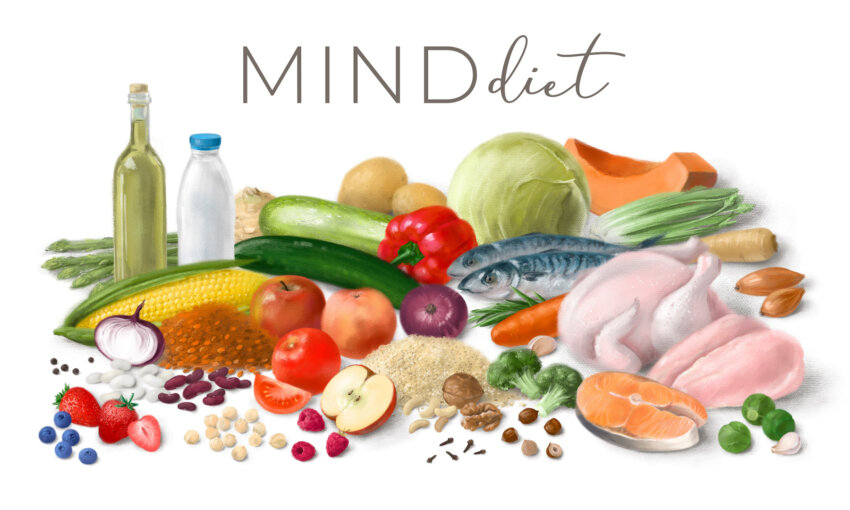
By Arash Salardini, MD, Neurology, Glenn Biggs Institute
 The brain is among the most complex organs in the human body. As the body’s command center, it controls our memories, emotions, thoughts, movements, vision, motor skills, the processes that regulate our bodies and the attributes that make each one of us unique.
The brain is among the most complex organs in the human body. As the body’s command center, it controls our memories, emotions, thoughts, movements, vision, motor skills, the processes that regulate our bodies and the attributes that make each one of us unique.
Given its complex job, the brain expends a lot of energy, using the equivalent of 12-25 watts of energy; enough to power a low-wattage light bulb. From the neck up, think of the brain’s energy economy in terms of a Humvee. From the neck down, think of a Prius that wisely conserves its energy.
With so much responsibility resting on our brain, it’s important to consider ways to maintain its health. Read on to put your brain know-how to the test and learn ways to help protect this important organ.
1. Myth or fact? Learning a new language helps protect the brain from dementia.

Answer: Fact. There is data showing that learning a new language uses large portions of the brain. Learning a new language has a high novelty factor, which helps to make new brain connections and reduces the risk of future dementia. Learning a new language taps both sides of the brain. The left side is used to understand the breakdown of distinct units of sound and to control breathing and changes in the larynx. The routine structure of the language such as lexicon, semantics, syntax and morphology are also in the left hemisphere. Meanwhile, the right side keeps track of context, subtext, metaphors, similes and the like.
2. Myth or fact? The brain retains information even if you don’t use it.

Answer: Myth. The brain prunes away connections that aren’t used, adhering to the principle, use it or lose it.
3. Myth or fact? Vascular health is important for the brain.

Answer: Fact. Because the vascular system delivers energy and oxygen to our brains, the continuous supply of blood is extremely important to keep the brain sharp. Vascular risk factors like hypertension, high blood cholesterol and smoking can be major risk factors for vascular dementia and Alzheimer’s disease, the two most common types of dementias. Vascular dementia is caused by reduced blood flow to the brain. Alzheimer’s disease – the most common type of dementia – is a neurologic disorder that causes a progressive decline in memory, thinking and reasoning. The cause of this is believed to be a combination of genetic, lifestyle and environmental factors.
4. Myth or fact? Sleep does not seem to protect the brain.
Answer: Myth. Sleep has very important physiological roles in maintaining brain health. First, it enables us to actively forget our less salient memories to prevent information overload. Second, during sleep, neurons in the brain become smaller, allowing for a toxic protein called beta-amyloid known to accumulate in the brains of Alzheimer’s disease, to be washed away as if using a high-powered hose on your driveway.
5. Myth or fact? 50% of what you do is done unconsciously.

Answer: Myth. Believe it or not, at least 90% of what you do is done unconsciously, or automatically. You are only conscious of things when a mechanism for correction is needed. If you are walking down the street and it’s flat, you’re not aware of what your legs are doing. They’re just doing their own thing. But if you’re walking on a rickety bridge or trying to go across a brook on slippery stones, you’re very much aware of what your legs are doing. When you need error correction, you do more thinking.
6. Myth or fact? Exercise helps our executive functions – our higher-level skills used for self-control and managing behaviors.
 Answer: Fact. We know from several studies that even minor amounts of exercise in the elderly, just enough to perspire, improves their executive function. And that has a real effect on their abilities to do their daily living. The second way exercise helps is that most of the brain is involved in movement and hand-eye coordination. The brain was designed for skillful movement and to adapt to particular situations. If you engage in exercise that involves skills like tennis or basketball, that’s even better. A superior brain is one that can make very sophisticated movements. In that way, basketball great Michael Jordan is a genius.
Answer: Fact. We know from several studies that even minor amounts of exercise in the elderly, just enough to perspire, improves their executive function. And that has a real effect on their abilities to do their daily living. The second way exercise helps is that most of the brain is involved in movement and hand-eye coordination. The brain was designed for skillful movement and to adapt to particular situations. If you engage in exercise that involves skills like tennis or basketball, that’s even better. A superior brain is one that can make very sophisticated movements. In that way, basketball great Michael Jordan is a genius.
7. Myth or fact? People who are depressed, stressed or socially isolated, have an increased risk of developing cognitive issues.

Answer: Fact. The brain is not just for logical calculations. Emotions are a very important part of brain function. We know that people who are depressed and people who have high levels of stress, have an increased risk of developing cognitive issues in 10-15 years. Social isolation and deprivation of sensory stimulus, are also risk factors for dementia. For example, if mid-life hearing loss remains uncorrected, this could be a risk factor for dementia in later life. If you are in your 40s or 50s and you are having trouble hearing, it is therefore advisable to check with your doctor about the possible need for hearing aids.
8. Myth or fact? Some foods may be beneficial for protecting against cognitive decline.
 Answer: Fact. Palm oil and omega-3 fatty acids seem to have some beneficial effects on the vascular system and may also benefit individuals with cognitive disorders. Curcumin supplements may also be potentially helpful. In some trials, multivitamins have shown benefits for improving cognition. Additionally, a healthy diet like the Mediterranean Intervention for Neurodegenerative Delay (MIND) diet, can be helpful to the brain. This diet focuses on plant-based foods including green leafy vegetables, nuts, whole grains while limiting animal products and foods high in saturated fat.
Answer: Fact. Palm oil and omega-3 fatty acids seem to have some beneficial effects on the vascular system and may also benefit individuals with cognitive disorders. Curcumin supplements may also be potentially helpful. In some trials, multivitamins have shown benefits for improving cognition. Additionally, a healthy diet like the Mediterranean Intervention for Neurodegenerative Delay (MIND) diet, can be helpful to the brain. This diet focuses on plant-based foods including green leafy vegetables, nuts, whole grains while limiting animal products and foods high in saturated fat.

